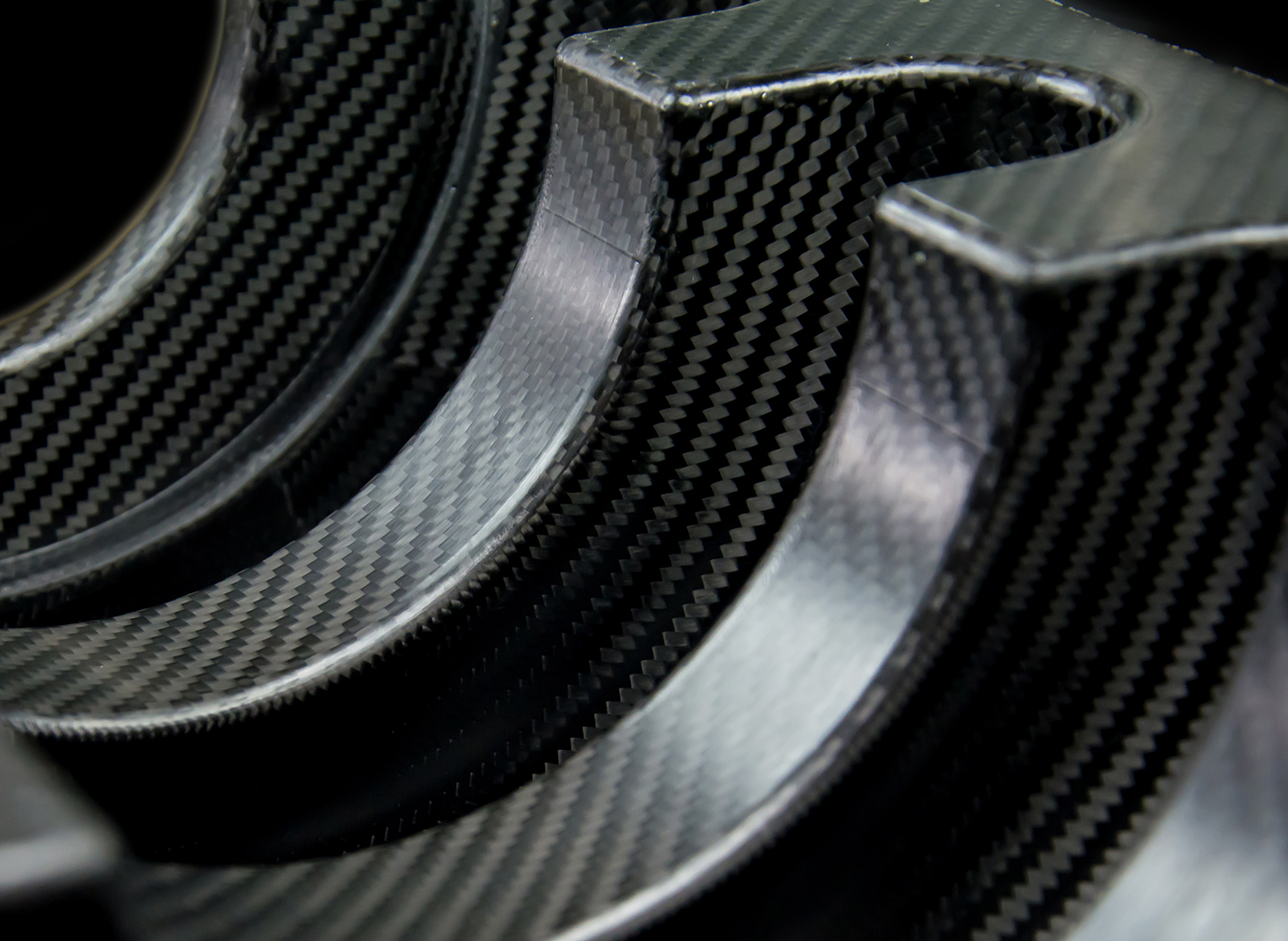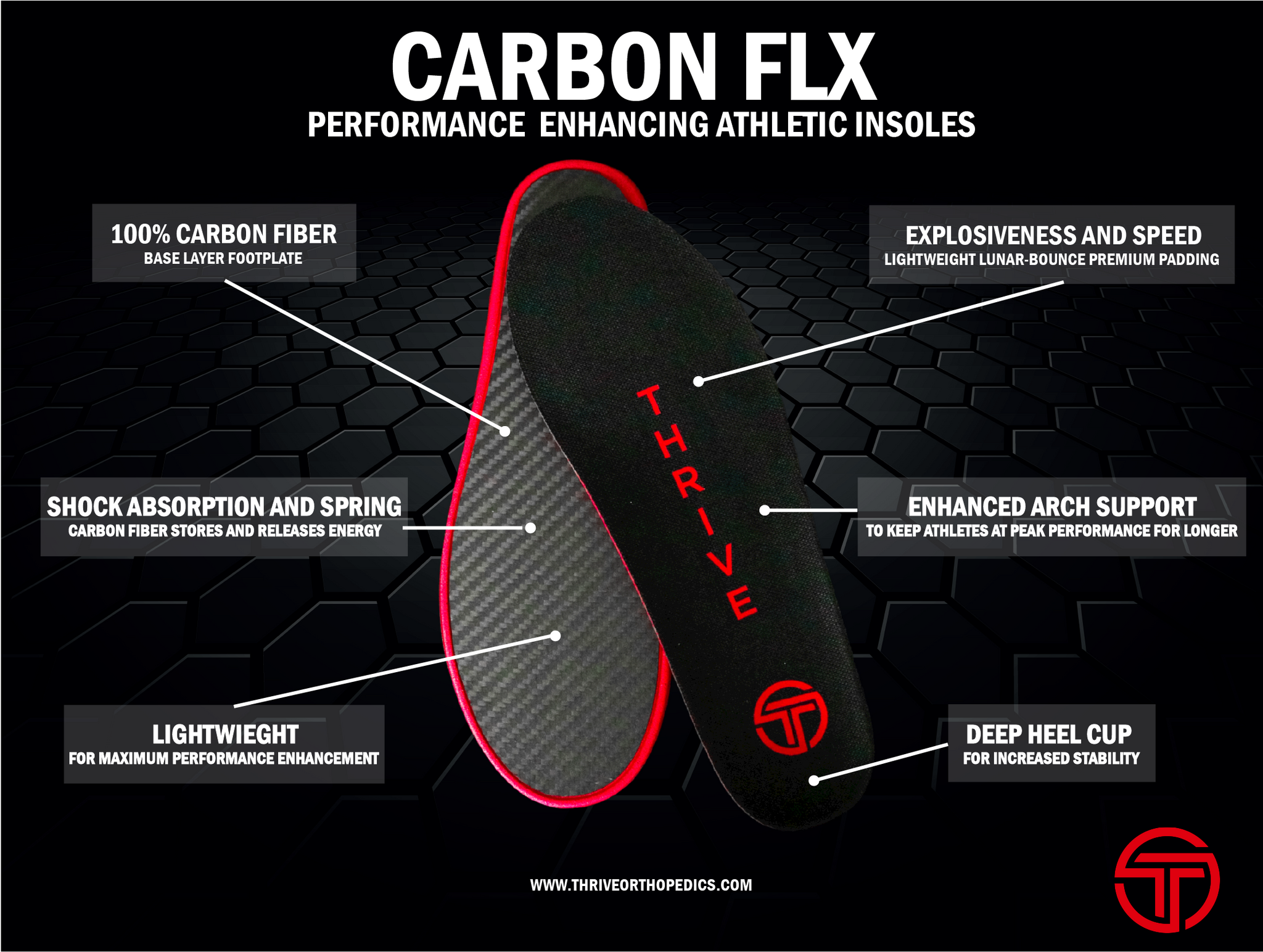Carbon fiber is a lightweight, strong, and durable material that has a wide range of applications in various industries. It is made from thin strands of carbon that are woven together to form a fabric, which is then coated with a resin to create a composite material. Carbon fiber has many benefits, including its high strength-to-weight ratio, corrosion resistance, and ability to withstand extreme temperatures.
One of the main benefits of carbon fiber is its high strength-to-weight ratio. It is much stronger and stiffer than steel or aluminum, yet it is much lighter in weight. This makes it ideal for use in industries where weight is a critical factor, such as in the aerospace, automotive, and sporting goods industries. For example, carbon fiber is used to make the bodies of high-performance sports cars, which helps to reduce the overall weight of the vehicle and improve its performance.
Another benefit of carbon fiber is its corrosion resistance. It does not rust or corrode, making it a long-lasting and maintenance-free material. This makes it ideal for use in marine and offshore applications, where it is exposed to saltwater and other corrosive elements.
Carbon fiber is also able to withstand extreme temperatures, making it suitable for use in high-temperature environments, such as in the aerospace industry. It can also withstand low temperatures, making it suitable for use in cold environments, such as in the construction of pipelines.
In addition to these benefits, carbon fiber is also highly flexible and can be molded into various shapes and sizes. This makes it ideal for use in a wide range of applications, including in the construction of aircraft, automobiles, sporting goods, and more.
In conclusion, carbon fiber is a versatile and durable material with many benefits, including its high strength-to-weight ratio, corrosion resistance, and ability to withstand extreme temperatures. Its flexibility and moldability make it suitable for use in a wide range of industries and applications.







